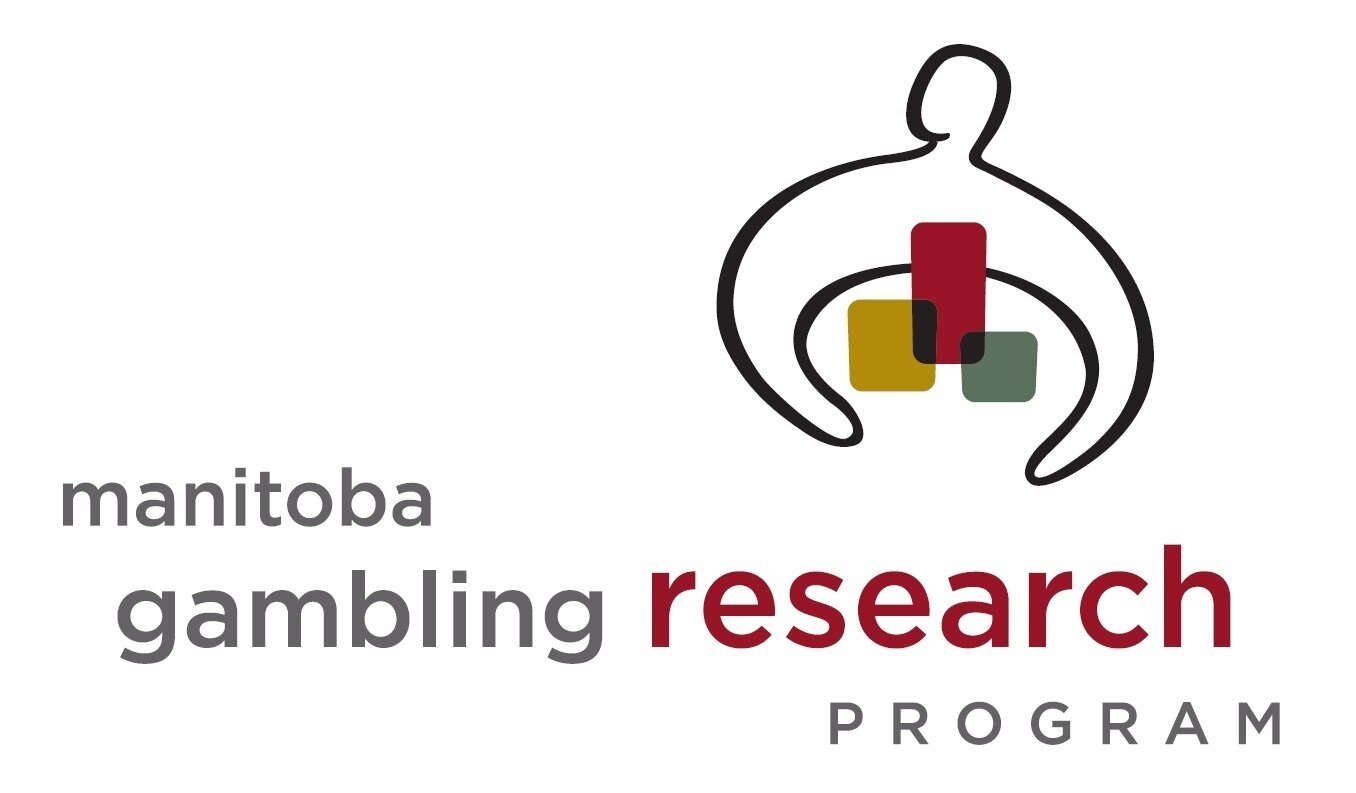Longitudinal Analyses of the Prevalence, Course, and Comorbidity of Problem Gambling in Young Adults
| Investigators | Dr. Jason Edgerton, University of Manitoba Dr. Lance Roberts, University of Manitoba |
| Research Priority | Explore what risk and protective factors (individual, social, environmental) influence the movement back and forth between no risk and problem gambling risk levels. |
| Funding | Focused Research ($64,577) |
| Project Status | Completed |
This research project will utilize data from the 4-wave Manitoba Longitudinal Study of Young Adults (MLSYA) to conduct longitudinal analyses concentrating on (a) the stability and course of problem gambling behavior among young adults, and (b) the temporal interrelations between problem gambling and co-occurring mental health and substance abuse issues among young adults. We will undertake 4 longitudinal studies (longitudinal structural equation modeling) with MLSYA data: 2 studies focusing on the stability and course of problem gambling, and 2 studies focusing on the comorbidity of problem gambling with depression, anxiety and substance use.
a) Stability and Course of Problem Gambling Behaviour. Study 1 will examine both aggregate and individual-level change in problem gambling behavior over time – including movement between risk levels – and will assess the impact of key correlates on such movement, while Study 2 will investigate whether there is a finite set of typical patterns (trajectories) of movement across time in gambling behavior, and whether these can be understood in terms of existing pathways of gambling frameworks.
b) Comorbidity with Mental Health and Substance Use Disorders. Although the comorbidity of substance abuse and problem gambling, and of depression and/or anxiety and problem gambling have been convincingly demonstrated in numerous studies, the evidence is almost entirely cross-sectional in nature and precludes deeper understanding of the reciprocal causal dynamics underlying these associations. Understanding the temporal sequencing and interplay of these co-occurring disorders will be essential to effective prevention and intervention efforts. The longitudinal analyses in studies 3 (temporal relationships between gambling behaviour and alcohol and drug dependence)and 4 (temporal relationships between gambling behaviour and depression and anxiety) will contribute toward these objectives.
Publications
Edgerton, J.D., Melnyk, T.S. & Roberts, L.W. (2014). Problem Gambling and the
Youth-to-Adulthood Transition: Assessing Problem Gambling Severity
Trajectories in a Sample of Young Adults. Journal of Gambling Studies,
31(4), 1463-1485. doi:10.1007/s10899-014-9501-2
Edgerton, J.D., Melnyk, T.S. & Roberts, L.W. (2015). An exploratory study of
multiple distinct gambling trajectories in emerging adults. Journal of
Youth Studies, 18(6), 743-762. doi:10.1080/13676261.2014.992326
Edgerton, J.D., Keough, M.T. & Roberts, L.W. (2024). Co-development of
Problem Gambling and Depression Symptoms in Emerging Adults: A
Parallel-Process Latent Class Growth Model. Journal of Gambling
Studies, 34(3), 949-968. doi:10.1007/s10899-018-9760-4
Edgerton, J.D., Keough, M.T. & Roberts, L.W. (2019). An exploratory study of
alcohol dependence and problem gambling co-development trajectories in
young adults. International Gambling Studies, 19(1), 1-21.
doi:10.1080/14459795.2024.1497070

